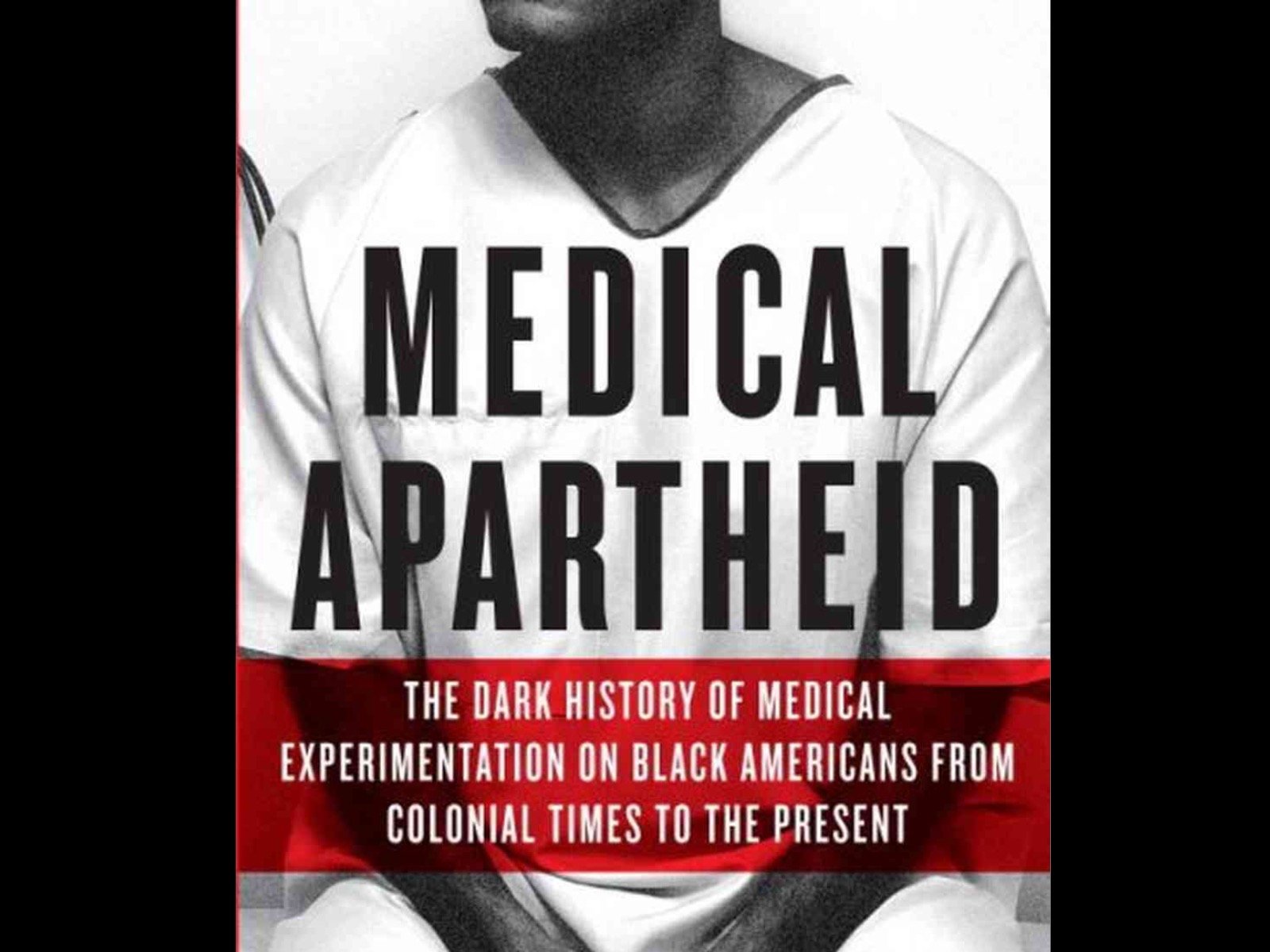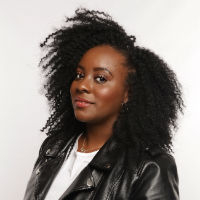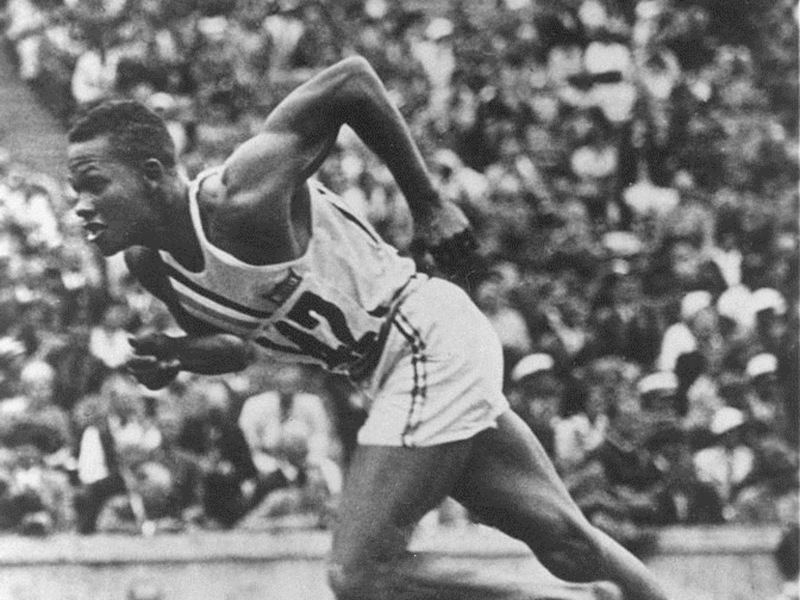Last Friday, Judge Derek Mosley posted a Black History Month fact on Facebook about the truth of how George Washington’s dentures were created. The dentures were not made of wood, as some history books would like us to believe. Rather they were made from "ivory, lead and the teeth of slaves."
As I read through the comments on his Facebook post and from friends who shared the original post, I was amazed at how many were surprised by the atrocities committed against slaves by slave owners. This called to mind a book that I’d read that still haunts me to this day.
"Medical Apartheid," by Harriet A. Washington examines the history of African slaves and the experimentation on their bodies that would lead to some modern medical practices. The highly unethical mutilation and trial and error upon Black bodies – including infants – resulted in deformation, disease and most often imminent death.
Between the reactions to Mosley’s post and my own beliefs, I wondered why this history is not required study in our school systems. Black history should not be limited to quick facts, lessons and a student program in school. Black history is and should be a year-round movement, celebrating the successes of those who have helped build and sustain the Americas. Conversely, academia should seek to include the good, the bad and the ugly. How can our youth fully recognize and understand concepts like systemic oppression and racial discrimination if we regurgitate a false history time and time again?
Harriet A. Washington’s "Medical Apartheid" not only speaks to a true and gruesome history, but it connects the dots of malpractices and ideologies that still affects communities of color today in the medical world. We know of the Tuskegee experiments on Black men that spanned 40 years. We know of Henrietta Lacks’ tissue samples taken without consent. We know that James Marion Jones conducted research and experimented on Black female slaves without anesthesia to later be credited as the "father of modern gynecology." We know that the teeth of Black slaves were ripped from their mouth to create dentures for the presumed elite. We know the familiar horrors of slavery in the separation of families, the rape of women and young girls, the brutality of whippings and beating. Is it enough to know a select few stories?
Modern medicine has some dark, dark roots that would leave ethicists' heads spinning, but it is a critical and pertinent category in Black history. It is a history that should be visited and revisited in schools for youth and academics alike to read, analyze and reflect upon to understand where we’ve come from.
I’d love to hear what other books should become a part of Black history curriculum. List your favorites in the comments section or email me at k.hardy81@gmail.com.
Krystal is a Milwaukee native, Marquette University alum (Go Marquette!) and has been a freelance writer for over ten years. With KDH_Creative, she continues to focus on being a multi-disciplinary creative in the areas of journalism, literature, film, marketing and public relations.
In her free time, she likes to explore the city as if she is a new transplant, to fall in love with Milwaukee all over again. She loves all things artistic such as theatrical productions, art galleries, film festivals and more. Her hobbies include playing in makeup, gardening, blogging, endlessly scrolling on Pinterest, taking romantic strolls through our public libraries and trying to learn guitar.
She's a #MamaBee of one, #MPSproud, #MontessoriAdvocate and thinks teachers are the real superheroes of the world.
Krystal is currently working on self-publishing her first book.







